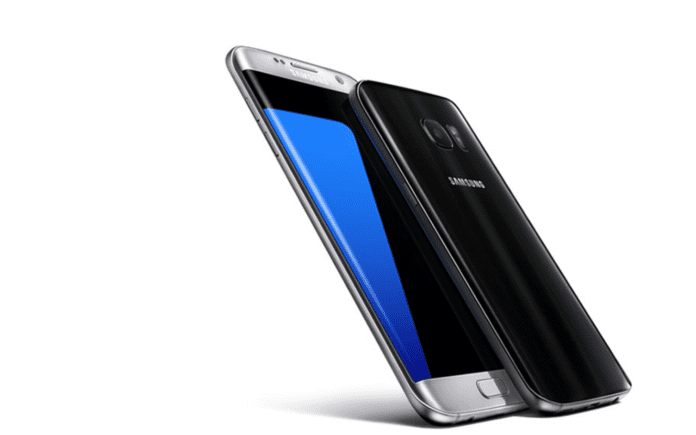Analyst wonders, ‘How could Samsung unleash this terror?’
Exploding batteries. Really. The question I pose is: How in the world could Samsung release its new Galaxy Note 7 a few weeks ago and not know these devices get too damn hot while recharging? So hot that some of them actually explode or burst into flames. Didn’t they test these devices? And if so, didn’t they know there was a problem? If not, what good is testing? And if they knew there was a problem, how could Samsung unleash this terror on its loyal customers worldwide?
How does something so dangerous get unleashed on the world? I guess it has to do with growth, with profitability, with market share, with industry leadership and with not enough care. Maybe they thought delaying release of this new device would have not been competitive. However, endangering your customers is even worse.
Samsung is not the only device that heats up too much. Other device makers have the same problem, and this should be a growing concern – it’s vital that companies put safety first, not profits.
Some mistakes don’t impact the customer or their safety. Some mistakes are just about the way technology works. Or about marketing or messaging or tech issues like “antennagate” with Apple several years ago. These mistakes can be recovered from. These are not safety issues.
However, some mistakes are too big, too dangerous, too potentially harmful to users that they can negatively impact the marketplace performance of a company going forward. This is what the battery problem potentially is with Samsung. This is a big problem and customers will remember; a real case of Samsung shooting itself in the foot with its own gun.
Will Batterygate kill Samsung?
Will this battery problem kill Samsung? Of course not. Samsung is a giant company in many different industries. It’s like General Electric in that way. However, this could cause serious, long-lasting damage to its smartphone business, that brand and its larger master-brand.
This story is not over. In fact, this story is just beginning. The Galaxy Note 7 was just introduced to the marketplace in the manufacturer’s annual event a few short weeks ago. And just because Samsung wants to recall all devices does not mean everyone is safe today. Many people won’t return their devices. Many others will delay because we all use our devices on a continual basis.
Batterygate may damage Samsung master brand
Samsung must make the switch quick, easy and painless for users or this problem will spread for it and its brand. Customers value trust: If customers don’t trust a company, they don’t buy from that company going forward, period. So if this massive recall of all Galaxy Note 7 devices wasn’t bad enough, I predict this is just the beginning of this tale of terror, not only for users but for Samsung as well with its damaged brand.
I hope I am wrong. I hope Samsung can solve this problem quickly, without any injuries and without any public relations damage. Much of that depends on how quickly it can be resolved and whether anyone gets injured, among other things.
However, as we all know, customer trust is at play. Samsung is a strong master brand with a loyal customer base. While short-term this will be a real hit on the device maker, long-term is the real question. After all, Apple survived antennagate from several years back, so it’s possible for Samsung to recover.
This Batterygate is a much larger and much more significant problem than antenna-gate. Antennagate was about performance, not about safety. This is about safety and injury. We don’t yet know how this will be resolved. Let’s hope for the best. And please let’s not put profit ahead of safety.

